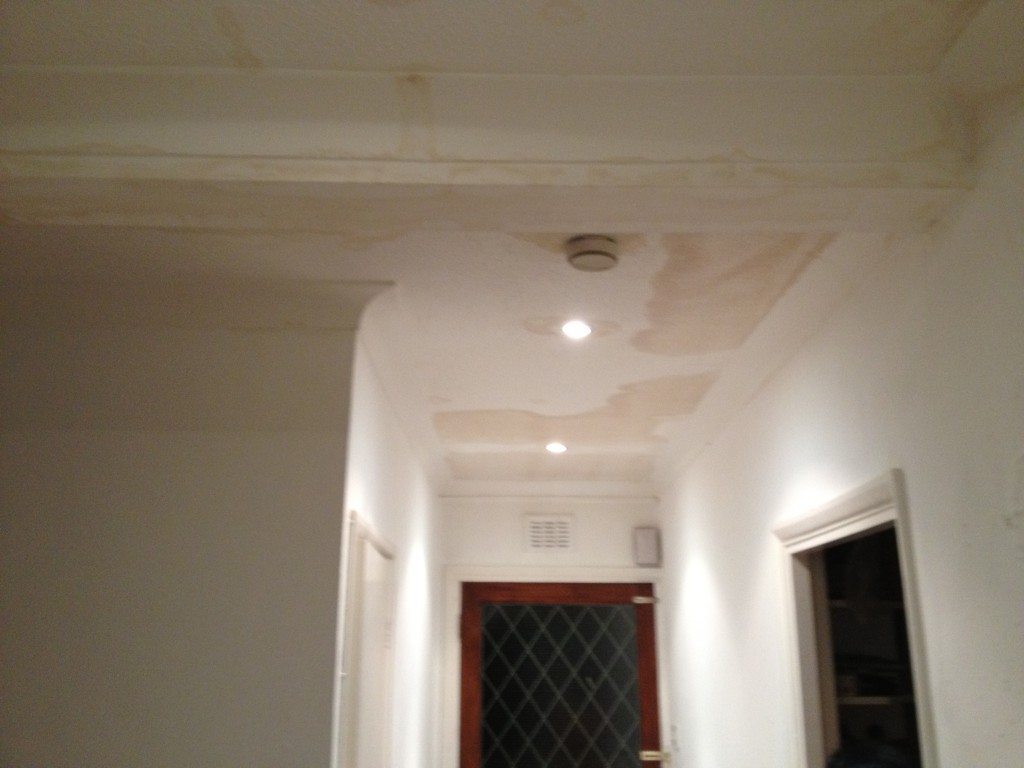Home Water Damage – Water damage in your home is, unfortunately, relatively common in the UK.
Some of the most common causes of water damage are leaky roofs and windows, plumbing failures, water heater blowouts, and even weather condensation. In our modern and busy lives, luxuries we bring into our homes often contain large amounts of water, such as aquariums, humidifiers, or even large plants. So if you’re dealing with water damage, don’t fret – you’re just joining the crowd. Lucky for you, since so many people have done it before, good tips have emerged:
1) Prevention!
Surely you’ve heard the famous saying: “The best defence is a good offence?”
Well a very similar saying applies well to combating water damage… the best way to combat water damage is to prevent it the damage from occurring in the first place. Keep your major appliances and plumbing system in good repair – deal with small problems before they become huge, expensive ones.
2) Find the Source
OK, so prevention failed and now you’ve got damage.
Your next step? You absolutely must locate the source of the damage and stop the leak. Although this seems like obvious advice, too many homeowners fail to determine if the water leak is still active or whether there is any concealed damage. Often, a large amount of water damage results from a very small but persistent leak. Unless you want to continue to spend money on cleanup, you absolutely must find the source of the water. This may not be easy in all cases, so strongly consider hiring a professional to help.
3) Quick Clean up is Most Crucial
After discovery of water damage and stopping the source, fast clean up is the next most important thing you can do.
The faster the excess water is removed, the better chances for recovery of all your property. If your water damage is major such as from a flood, you probably again want to consider the services of a professional firm that can remove the water much quicker using industrial-strength tools.
4) Watch for Mould Growth
Everyone is afraid of mould after finding water damage, and for good reason. But if often depends on what materials were used in your structure.
For example, plaster will almost always dry out completely with little or no mould growth. However, sheetrock lined with paper is extremely conducive to mould formation. If you have to replace damaged materials, think carefully about water-resistant materials for the future.
5) Hire a Professional Firm to Test for Mould
In determining water damage restoration needs, it helps tremendously to know how long the unwanted water has been present.
Unfortunately, this is rarely the case: when people discover hidden water damage stains they probably have no idea how long they have been there. If you have any worries, you can hire a local company to test for mould spores in the air. If you have a burgeoning mould problem, the company will be able to assist you with repairs immediately. Even if you don’t, you’ll at least be able to sleep with the peace of mind that your home is safe.

Speak Your Mind